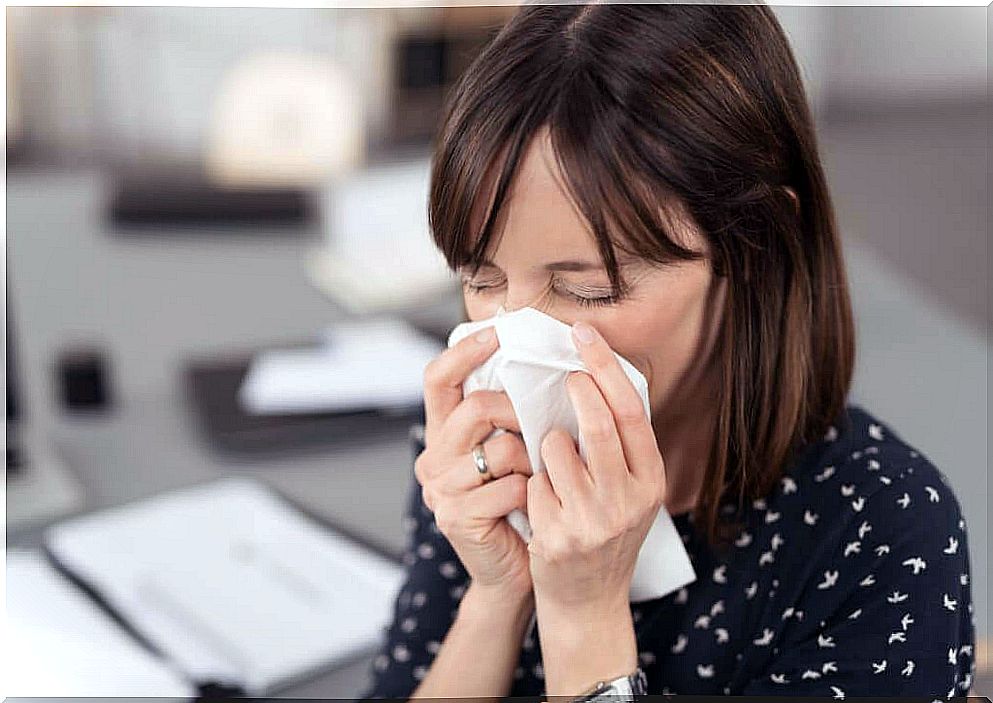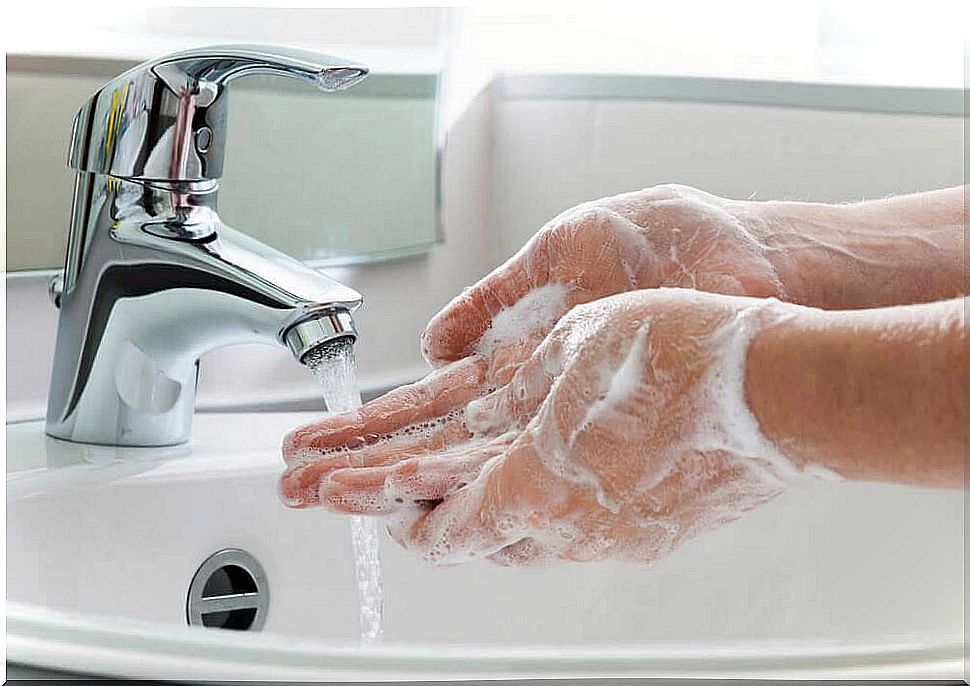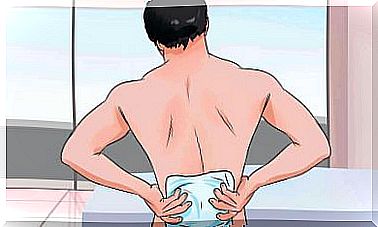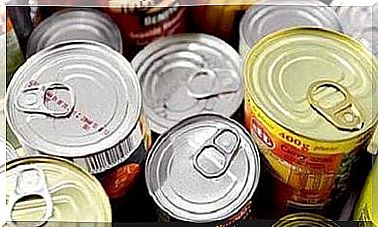How Can I Protect Myself From The Coronavirus?
There is great concern about the coronavirus around the world, which is why it is important to be familiar with the appropriate preventive measures to reduce the risk of infection.
In the past few weeks, the coronavirus, also known as SARS-CoV-2, has spread rapidly in many countries around the world and is a cause of great concern to all of us, as more and more people are becoming infected with it.
It is therefore essential to know about the most important preventive measures to reduce the risk of infection. Find out more about this topic today.
Coronavirus: what is it?
The origins of the coronavirus are unknown. There are different strains of these viruses that cause the common cold or pneumonia and, in the worst case, lead to respiratory failure.
In December 2019, a new coronavirus spread in the Chinese city of Wuhan and infected many people. Since then, the number of those affected has increased dramatically worldwide.
The number of sick people is increasing every day, and unfortunately the number of deaths as well. But there are still many unanswered questions that must first be scientifically investigated.
What symptoms does the coronavirus produce?

The symptoms caused by SARS-CoV-2 are very similar to common flu. However, this new disease can lead to complications and respiratory failure.
In general , as with common flu, the following symptoms are observed:
- Dripping nose
- General malaise
- fatigue
- muscle pain
- to cough
- Fever and chills
- Sore throat and headache
The infection can be asymptomatic, cause the symptoms mentioned or lead to complications such as pneumonia, which in serious cases can be fatal.
The risk group includes the elderly, newborns and people with a weakened immune system.
How does the infection by the coronavirus take place?
Most worrying is that the virus is contagious even before the first symptoms appear. There is no specific treatment for this new virus, nor is there any vaccine that can protect against it. It is therefore essential to take various precautionary measures to avoid possible infection.
Precautionary measures to avoid infection by SARS-CoV-2

One of the most important precautionary measures is regular, thorough hand washing. In addition, you should also consider the following general recommendations in order to prevent infection by the coronavirus (or other viruses):
- Avoid contact with infected people.
- Hygiene is fundamental: general hygiene measures and, in particular, thorough hand washing after each contact are of the utmost importance.
- Keep a distance of about three feet from other people.
- Use a protective mask if local authorities prescribe it due to an increased risk of infection.
- Cover your mouth and nose with a disposable handkerchief when you sneeze or cough. If you don’t have a tissue, sneeze or cough in the crook of your arm.
Correct hand washing
Proper hand washing has been shown to be a basic, efficient and inexpensive hygiene measure to prevent the transmission of bacteria and viruses. Proceed as follows:
- Wet your hands with water and rub them with plenty of soap.
- Then clean your hands like this:
- Rub your palms together
- then the right palm against the left back of the hand and thoroughly clean the fingers,
- then you clean the left palm in the same way.
- Rub your palms together with crossed fingers and clean the spaces between the fingers thoroughly.
- Then rub the back of your hands together with locked fingers again.
- Thoroughly clean every thumb and don’t forget your fingertips!
- Then rinse off the soap.
- Dry your hands with a paper towel or a clean towel.
- Then use a cloth to turn off the tap.
Summary
As always, prevention is the best medicine. In order to avoid infection with the coronavirus as much as possible, you should therefore take certain preventive measures, such as regular and thorough hand washing. Of course, you should also avoid traveling to particularly affected areas.









